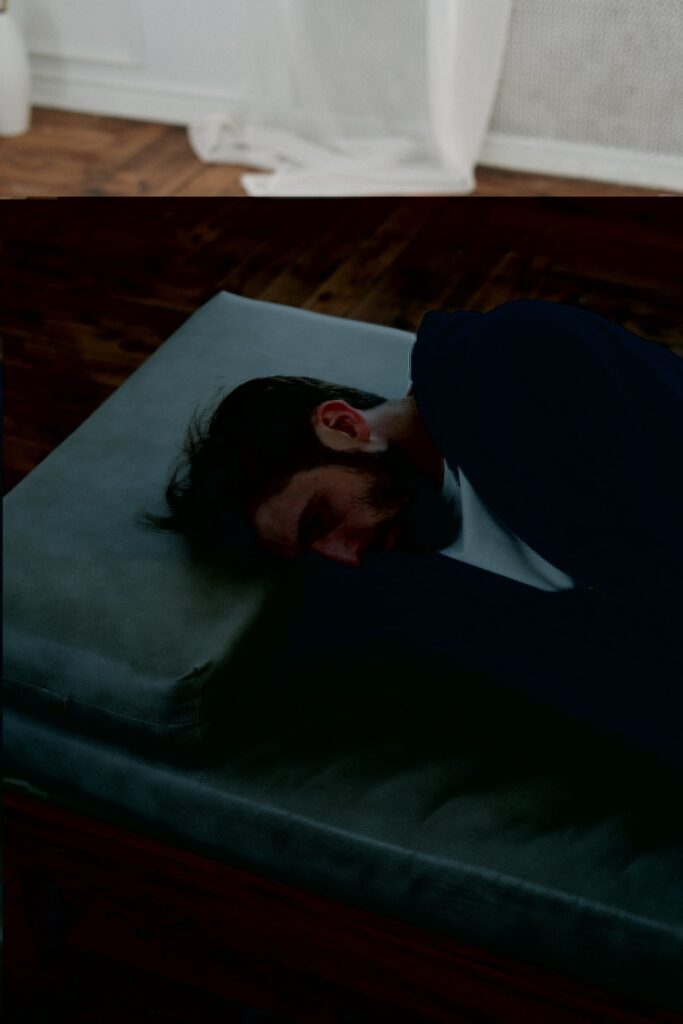Young adults are often faced with numerous challenges as they move into adulthood. Completing college or trade school, finding employment, and learning more about who they are and what they want from life are just some of the challenges each person has to face.
For some, it’s much harder to navigate those first few years of adulthood because of mental health disorders. Conditions like severe anxiety, depression, bipolar disorder, and others can cripple a person, making it difficult for them to manage what others would call “normal” challenges. Unfortunately, many people with mental illnesses are undiagnosed and don’t know that help is available.
Consider How Common Mental Health Disorders Are in Young Adults
In 2018, 8.9 million young adults suffered from mental health disorders of some type, according to the Substance Abuse and Mental Health Services Administration (SAMHSA). What’s more worrisome is that 2 out of 5 people reporting these conditions did not receive any treatment for them.
What happens when you don’t get treatment?
- Symptoms may worsen over time.
- Day-to-day quality of life is lower than it could be.
- Symptoms may interfere with the ability to work, go to college, or maintain relationships.
For many, mental health disorders lead to the use of substances as a tool for controlling symptoms. Other times, a person may have a substance use disorder (SUD) that leads to the development of mental health disorders.
For young adults, SUD is also a risk factor, with 5.1 million people in the U.S. stating they suffered from it. More staggering than this, SAMHSA reports that 90% of them did not seek out treatment for their SUD.
Asking for Help Is Acceptable
“It’s normal for people in their 20s to drink and use drugs.”
“All of my friends are doing it, and they’re fine.”
“I’ll be laughed at if I ask for help.”
No matter what type of thought is running through your mind right now, know that you can get help for SUD and mental health disorders. You do not have to continue to struggle day in and day out. While it is common for people to battle these conditions, the conditions themselves are not “normal.” There are benefits to getting SUDs and mental health disorders under control.
How Do I Know If My Situation Warrants Treatment?
It’s true that many people in their 20s spend time using substances for recreational use. But no substance is safe, and many carry a very high risk of addiction and dependence. That risk is greater when a person has a predisposition for mental health disorders due to genetics or past trauma.
How do you know you need help?
- You have trouble sleeping. You either sleep all of the time or not at all.
- You feel hopeless and helpless. Every day seems to be a struggle, and you don’t know why you feel this way.
- Anxiety is a big part of your life. You feel anxious about many things, from relationships to employment.
- Life has changed for you. You don’t like doing the things you used to do. Hobbies that you loved as a teen or in the last few years just don’t seem important.
- Energy levels are hard to manage for you. You just feel drained all of the time, like you don’t care.
- Your health is suffering. You may have trouble with your heart, lungs, or digestive system.
- You crave substances, especially when you’re feeling symptoms of a mental health disorder. Sometimes you may feel driven to find those substances because they are the only thing you can think about.
If this list is familiar to you, it’s time to ask for help. Getting treatment is the most important thing you can do for your future, and it doesn’t have to be challenging or feel impossible.
What Happens When You Ask for Help?
When you reach out to The Ranch at Dove Tree, we listen to you. There’s no judgment, pressure, or scolding here. Rather, we listen. Then, we offer treatment options based on the type of addiction you have and any co-occurring mental health issues. Just imagine…
- What if you didn’t have to feel so out of control?
- What if you could “get your life together” and do the things you really want to do?
- What if you didn’t have to think so much and could be happy again?
Taking back control of your life is possible when you have access to the necessary care and treatment for your medical conditions. It’s time to make a decision. Don’t fear change. It’s the best thing you can do for yourself.
SUDs and mental health disorders are diseases. They need treatment as much as a broken bone or cancer do. Value yourself enough to see that you deserve this treatment. Then, reach out to our facility in Lubbock, Texas, to find out how we can help you make a change.






